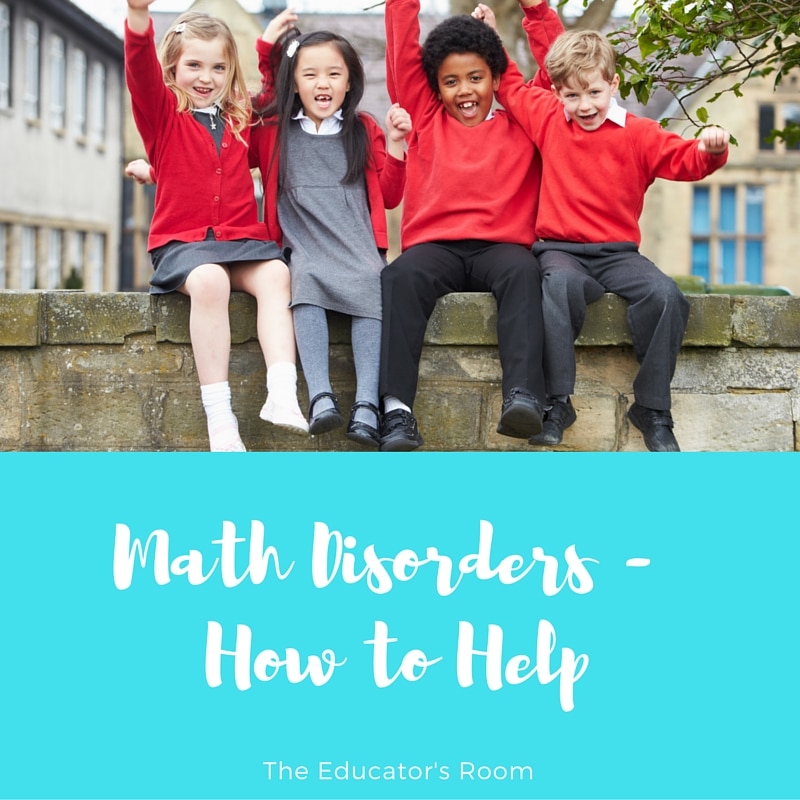Last week I wrote about recognizing math disorders from Pre-K through high school. This article will explain what other skills may be affected and how to help those with a math disorder achieve success.
Every Day Skills
A math disorder may affect any of the following areas.
1. A child who repeatedly fails in math class may suffer from low self-esteem. He may also avoid interactions with others in the areas of games and sports where any form of calculation or keeping score exists.
[fusion_builder_container hundred_percent=”yes” overflow=”visible”][fusion_builder_row][fusion_builder_column type=”1_1″ background_position=”left top” background_color=”” border_size=”” border_color=”” border_style=”solid” spacing=”yes” background_image=”” background_repeat=”no-repeat” padding=”” margin_top=”0px” margin_bottom=”0px” class=”” id=”” animation_type=”” animation_speed=”0.3″ animation_direction=”left” hide_on_mobile=”no” center_content=”no” min_height=”none”][bctt tweet=”A child who repeatedly fails in math class may suffer from low self-esteem” username=”EducatorsRoom”]
2. As mentioned last week a child with a math disorder may have problems telling her right from her left. If this is a problem she may also have difficulty following directions that tell her how to get somewhere. It is also possible that she may have difficulty reading maps.
3. Physical coordination may also be affected. Some math disorders present issues with how the brain and eyes work together. This child may appear clumsier than his peers.
4. In later years a math disorder may present as problems balancing a checkbook or in other skills managing money.
As with other learning issues math disorders may show as symptoms that appear in dyslexia or ADHD for example. This is why a proper diagnosis is necessary.
How Can You Help?
Parents
1. Strengthen your child’s number sense. Counting blocks or other objects is an activity that can help.
2. When your child has a home assignment with multiple problems on a page have her cover the problems she is not working on so she is not stressed about the number of problems that need to be completed.
3. Find and play math related games with your child. This will help build confidence in social situations.
Teachers
1. Provide extra time for students to process visual information. This is especially true for work with charts and graphs.
2. Relate math problems to the real world. This allows a student to relate math to his life in general.
3. Show students how to make sense of math problems by drawing them.
4. Use calculators and other technology to help students.
5. Use manipulatives to make concepts more concrete and easier to grasp.
Most learning differences can be helped with the cooperation of parents and teachers. With what we currently know about brain science it has become easier to make accommodations for those who need them. These accommodations make it possible for more students to be successful.
Have you ever encountered a student with a math learning issue?
Here are two links to detailed articles about math disorders if you would like to do more research.
http://council-for-learning-disabilities.org/mathematics-disabilities
http://www.ncsall.net/index.html@id=325.html
 [/fusion_builder_column][/fusion_builder_row][/fusion_builder_container]
[/fusion_builder_column][/fusion_builder_row][/fusion_builder_container]




